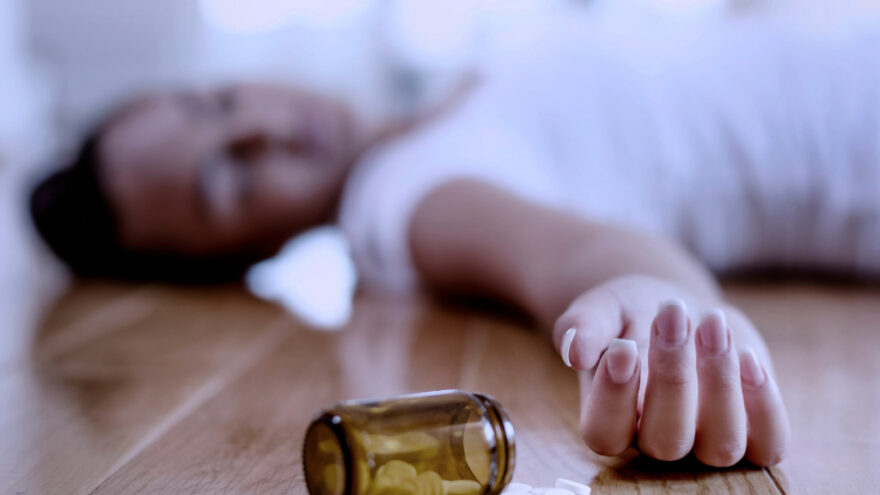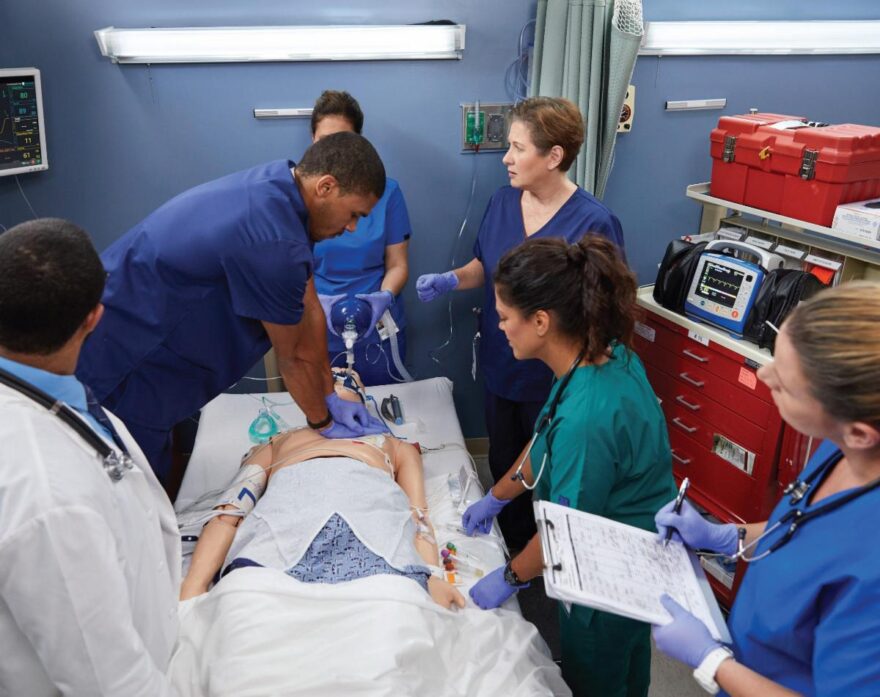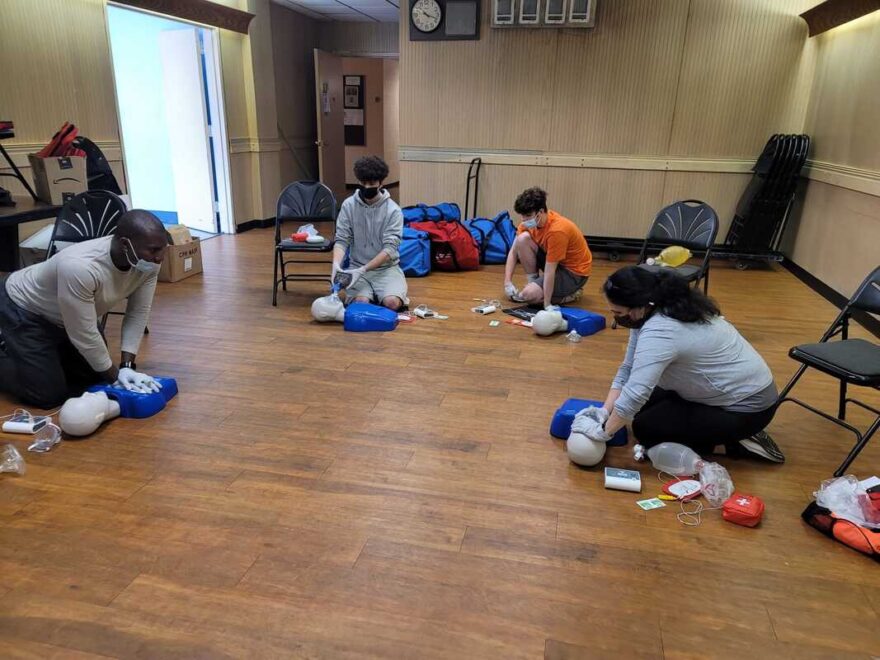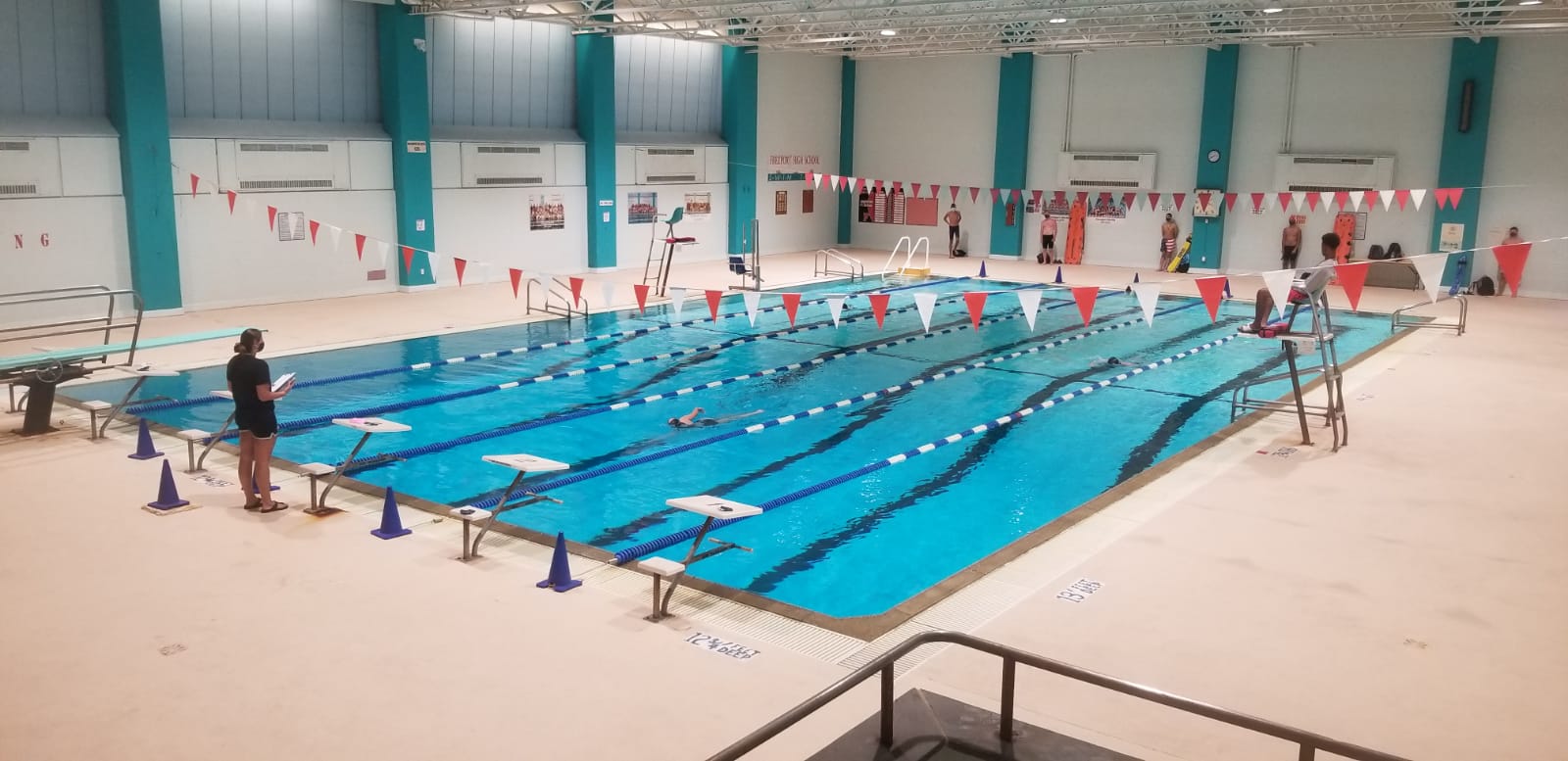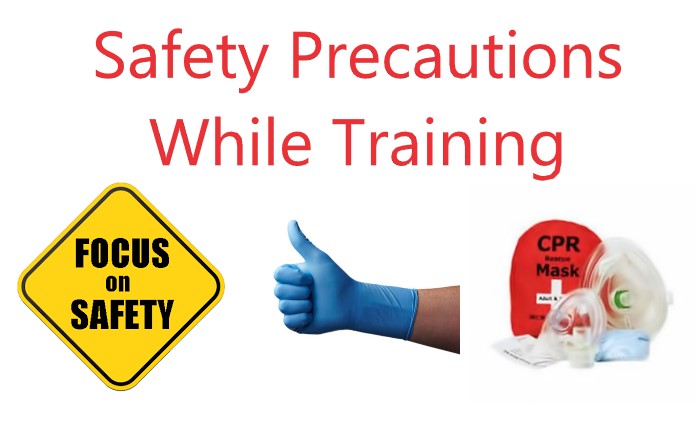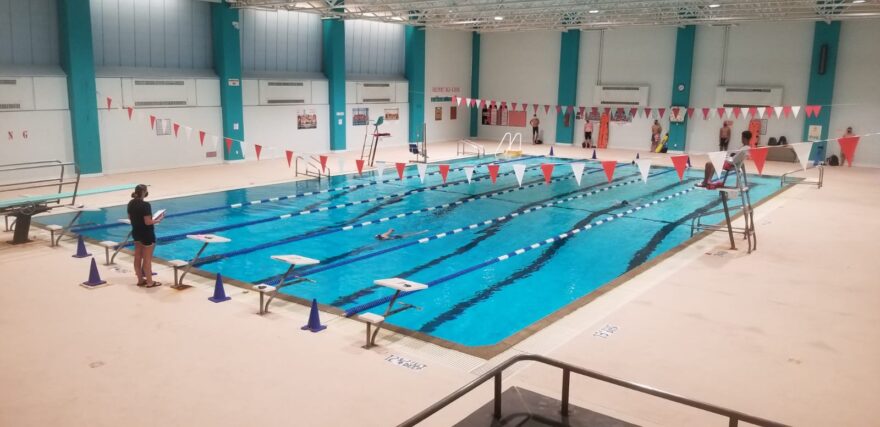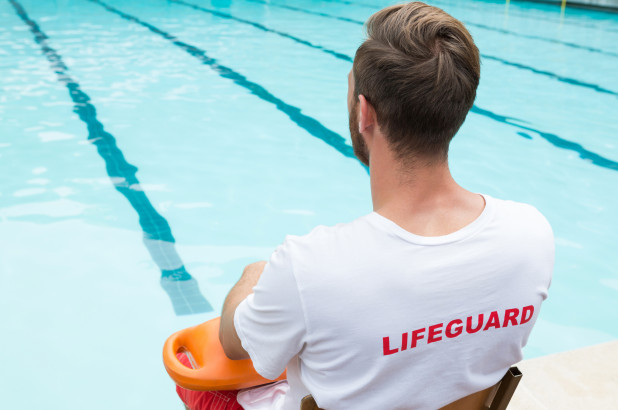The hottie European lifeguards often seen strutting their stuff around private pool clubs will be nowhere to be found July 4.
Recruiters up and down the East Coast are reporting a severe shortage of the exchange students they’ve relied on for years — and they’re blaming visa issues.
“In the last year or so, we’ve seen dramatic ups and downs from certain countries that have long been where these pool management companies have been recruiting from. So we’re seeing dramatic (changes) with the visa denial rate,” said Jennifer Hatfield, director of government relations for the Association of Pool and Spa Professionals.
Brian Bergeski, president of American Pool in New Jersey, said he has got enough domestic lifeguards to cover his clients, but the visa problem at other companies has set off a “bidding war” for students as young as 15.
“There are pools that to date are still not open,” Bergeski said of his competitors. “It’s probably the hardest staffing year.”
Recruiters sounded the alarm in May and predicted — accurately — that some pools would have to close because there was no one to oversee safety.
Authorities in Allentown, Pa., closed one public pool and limited hours at three others because they can’t find enough guards.
B.J. Fisher, health and safety director for the American Lifeguard Association, said a shortage of domestic lifeguards coupled with the “unprecedented” J-1 visa troubles have made for a “double storm.”
He said increased vetting and the Trump administration’s fiery rhetoric have hurt recruitment of foreign lifeguards, who must pay their own way.
“The concern is they spend the money and then at the last minute they get denied,” Fisher said.
Meanwhile, American students are shunning lifeguard gigs for other opportunities.
On Staten Island, recruiter June Tata starting offering incentives. In addition to a referral bonus, Tata is reimbursing teens with good grades the cost for their lifeguard certification – which runs upwards of $400 in New York City.
“I needed more guards,” said Tata, operations manager of the Pool Therapist on Staten Island. “I have so many facilities I have to staff with multiple guards that I needed to be able to get the word out there that you want to work for Pool Therapist.”
The State Department insists it hasn’t made major changes to the Summer Work Travel Program.
But there were fewer visas granted from eastern European countries that are usually a major source of the pool guards.
The number of student visas for Serbia and Ukraine dropped by more than a third from May 2017 to this year. Moldova, Poland and Russia also had decreased.
Pool operators predict a crisis situation over Labor Day after many student lifeguards head back to school in America and abroad.
“Come August it’s going to be rough,” said Andy Slutsky, owner of Aquatic Solutions, which offers American Red Cross lifeguard training certification classes on Long Island and in New York City.
“The one thing that I do fear is that places … will cut corners. I know there is heavy desire to satisfy management …but my only hope is if they don’t have life guards, they shouldn’t be opening their pools. They need to staff accordingly, because the last thing anybody wants is to be in the headlines (for a tragedy).”
The American Lifeguard Association estimates that 20 percent more lifeguards are required this summer for swimmers to be safe at the 309,000 pools nationwide.
The association is encouraging retirees to become certified lifeguards to create a “silver” guard force.
The city Parks Department said it doesn’t rely on foreign lifeguards and is fully staffed at its pools and beaches.
Read Article on New York Post



